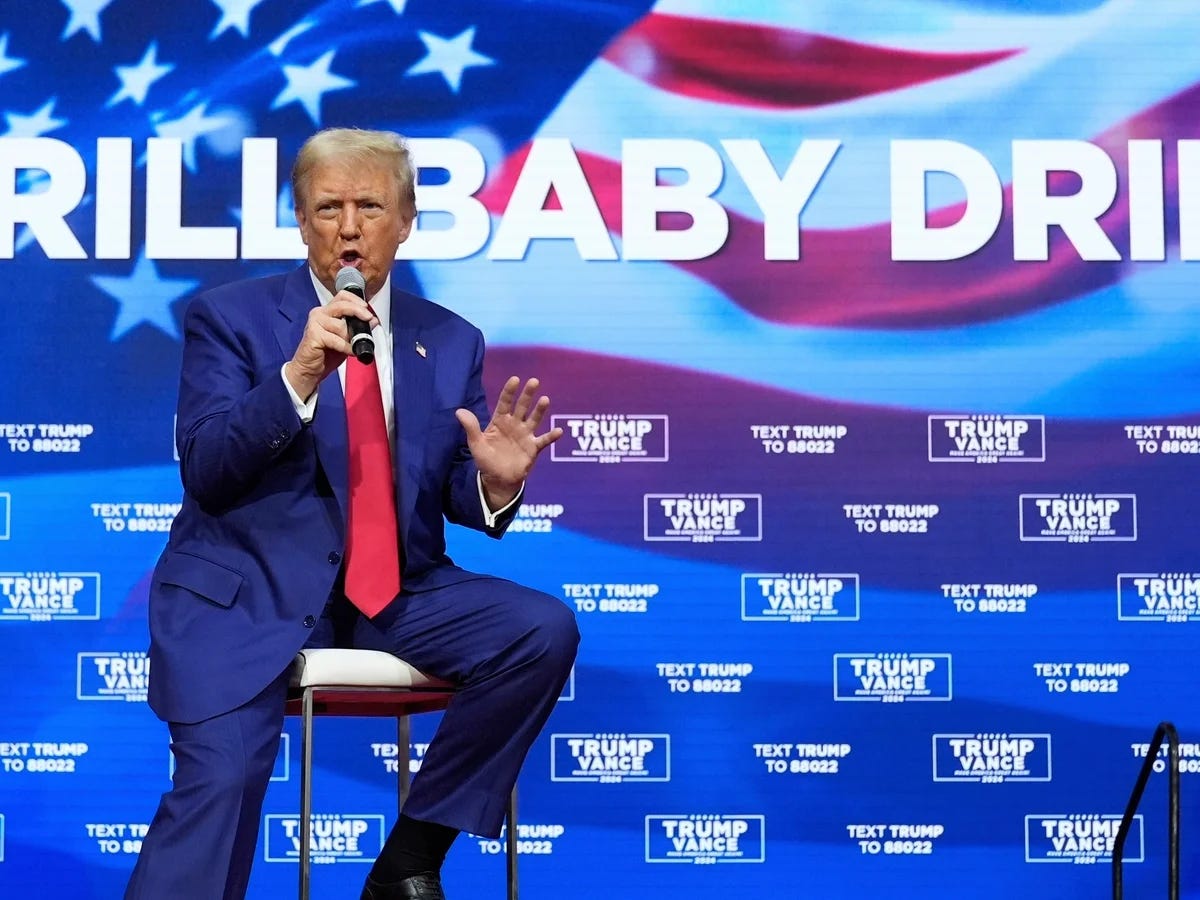After years of fossil fuel companies raking in record profits while climate disasters ravage communities, states like Vermont and New York have taken matters into their own hands. Their climate superfund laws represent a practical application of the "polluter pays" principle that has governed environmental legislation for decades. But now, these legally sound state initiatives face an attack from the Trump administration, ironically in the name of federalism.
The Legal Foundation Is Rock Solid
Climate superfund laws stand on firm legal ground. They're built on a simple principle: companies that made billions while damaging our climate should help pay for the cleanup. Just like the federal Superfund law has made polluters pay for toxic waste sites for decades, these state laws use the same approach for climate damage.
These strong legal foundations include:
Making polluters responsible based on how much they contributed to the problem
Using states' power to protect public health
Only applying to companies with clear connections to the state
Covering periods when companies knew about climate risks yet continued business as usual
Giving companies fair chances to appeal
Even the U.S. Supreme Court recently declined to stop climate accountability lawsuits filed by Democratic attorneys general against fossil fuel companies.
The States' Rights Hypocrisy
The irony is almost too perfect. President Trump, who built his first administration on championing states' rights when it came to abortion, disaster aid, education standards, and public lands, has now executed a complete about-face on climate policy.
When red states want to restrict abortion or reject federal education standards, states' rights are sacrosanct. When blue states try to recover climate costs from fossil fuel companies, suddenly federal intervention becomes essential.
As Connecticut Attorney General William Tong put it: "Donald Trump is happy to do Big Oil's bidding, but I'm not about to let him stop the sovereign state of Connecticut from doing what is necessary to address this existential threat."
When Desperation Masquerades as Policy
This executive order reveals an industry in panic mode. Big Oil has run out of excuses: the science is clear, the damage is visible in our communities, and their decades of deception have been exposed. Their only remaining option is to beg for political protection.
The path forward presents two possibilities: Will we follow the tobacco industry model, where accountability eventually prevailed? Or will fossil fuel companies secure immunity like the gun industry did in 2005, permanently blocking communities from recovering climate costs?
While the verdict is still out on that one, what is clear is that the administration's executive order represents neither sound constitutional theory nor coherent policy. It's simply a desperate attempt to protect powerful interests at the expense of both legal precedent and public wellbeing.
The true test will come not just in the courts, but in state capitals across the country, where more legislatures should take their cue from Vermont and New York by passing their own climate superfund laws – sending a powerful message that selective federalism and corporate capture cannot override environmental justice and state power.
Join the Fight
The fossil fuel industry wants immunity from accountability, but we can stop them. Here's how you can help:
Sign the petition: Tell Congress not to let polluters off the hook for climate damage
Follow Make Polluters Pay on
Use the messaging in this post to share on your social media and share this graphic





